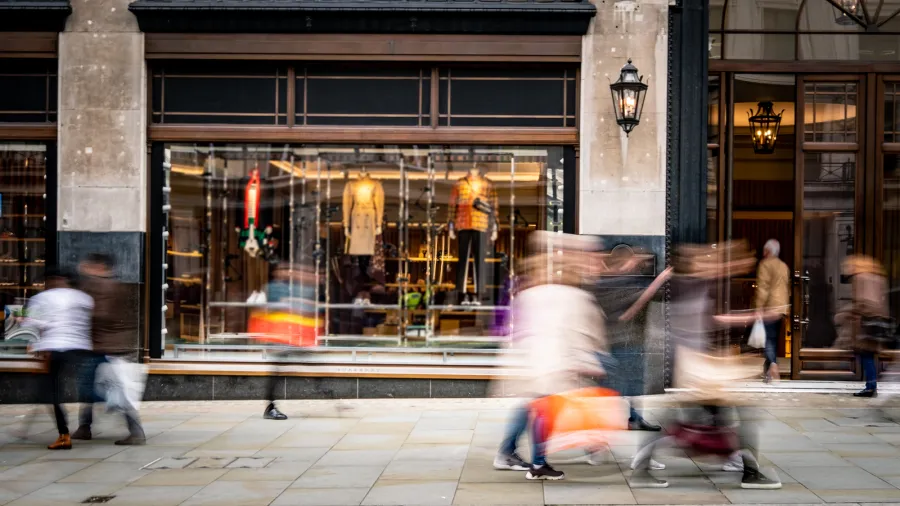
China’s luxury market declines 20% in 2024
The rise of Daigou trading remains a concern for luxury brands.
The luxury market in China saw an 18 to 20% decline in 2024, returning to 2020 levels, according to Bain & Company’s China Luxury Report.
This decline, attributed to factors such as low consumer confidence and a surge in overseas spending as international tourism rebounds, is expected to persist, with the market forecasted to remain flat throughout 2025.
The third quarter of 2024 was particularly challenging, marking the worst performance of the year. However, there was a slight improvement in the final quarter, largely driven by anticipated stimulus measures aimed at boosting domestic consumption.
Bruno Lannes, Senior Partner at Bain & Company, said the downturn was caused by factors such as economic instability, a drop in real estate values, and shifting consumer spending to international markets. He noted that many luxury brands will struggle, with only a few emerging as winners in this turbulent market.
All luxury categories experienced declines, with jewelry and watches facing the steepest challenges. Consumers are opting for other value-preserving assets and experiences.
Hainan’s duty-free market saw a 29% drop in 2024, due to reduced traffic and lower spending as Chinese tourists traveled to Japan and Southeast Asia. Hainan also faces increasing competition from domestic e-commerce platforms, particularly in beauty.
A major shift in consumer behavior saw overseas luxury spending by Chinese tourists surge, accounting for 40% of total Chinese luxury expenditure in 2024.
Notably, spending in Europe reached 50% of 2019 levels, while in Asia Pacific, it exceeded pre-pandemic levels, reaching 120%. Despite this rebound, the growth in overseas spending did not compensate for the drop in domestic sales, resulting in an overall 7% decrease in total Chinese luxury goods spending.
A significant factor in this shift was the price gap between luxury goods in mainland China and markets like Japan, where prices were up to 30% lower. To address this issue, some brands have introduced global pricing strategies, aiming to minimise the effects of exchange rate fluctuations and reduce disparities in pricing across regions.
The rise of Daigou (grey market) trading remains a concern for luxury brands, as it continues to undermine revenue potential and brand equity. The grey market grew by 5% in 2024, with Daigou operators benefiting from favorable exchange rates and discounting mechanisms.
In some categories, such as fashion and leather goods, Daigou sales could account for as much as 25-70% of a brand's total sales in mainland China.
Bain & Company expects the downturn to continue through the first half of 2025, with a cautiously optimistic outlook in the latter half, resulting in flat growth for the year.

















 Advertise
Advertise





